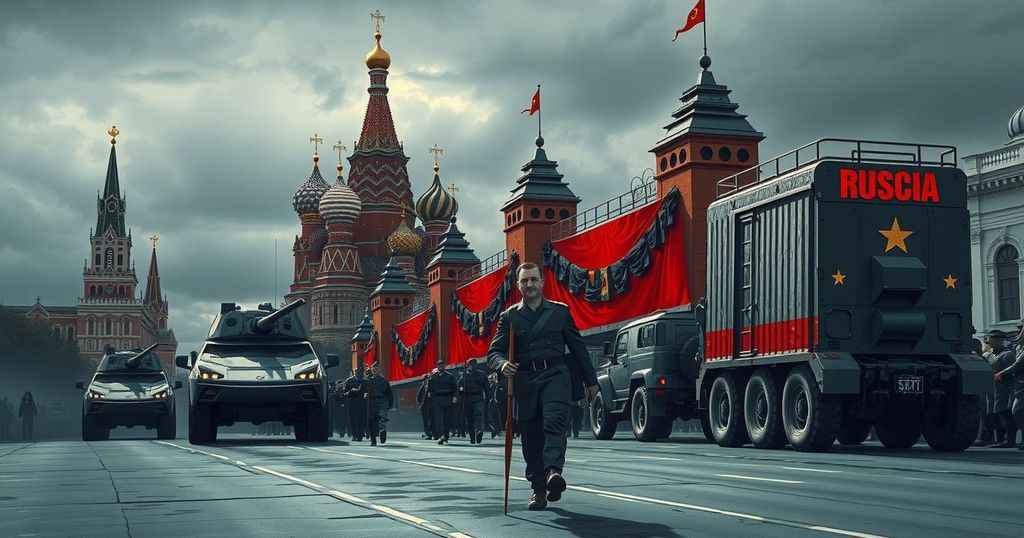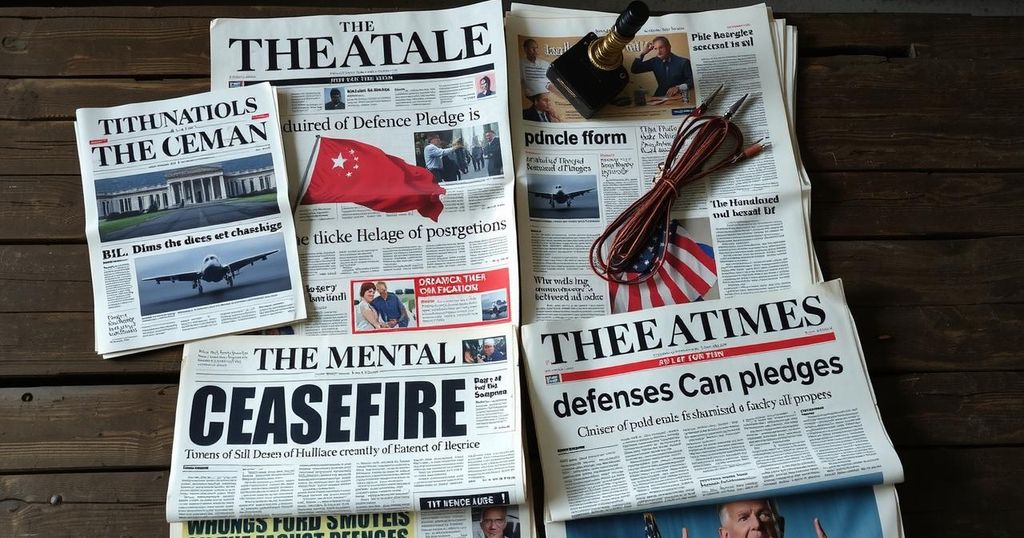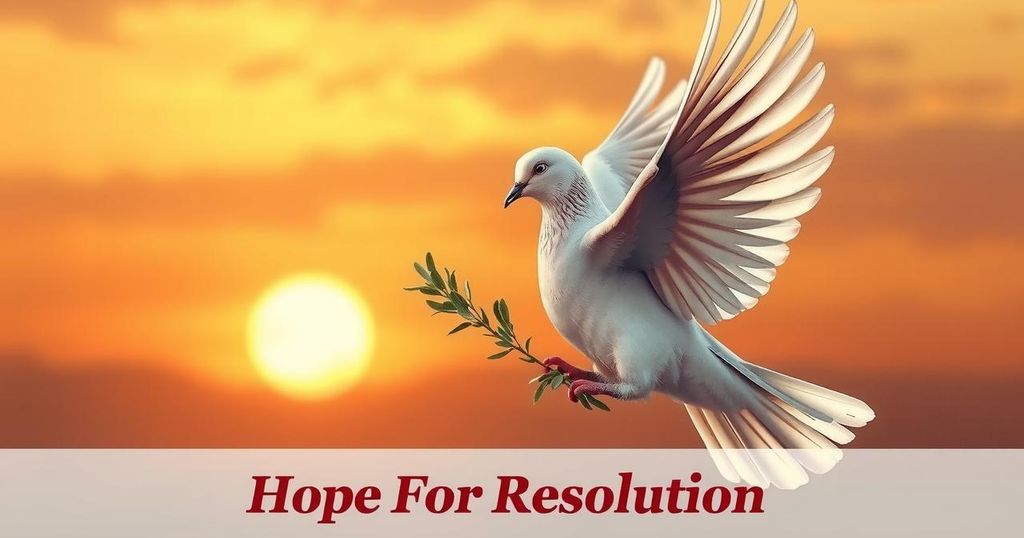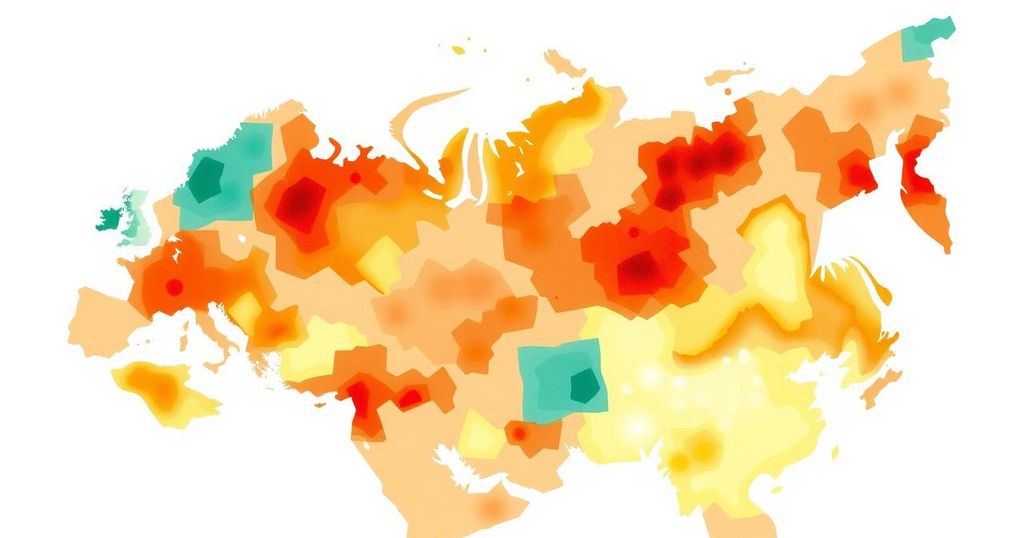World news
AFRICA, ANDREW NEIL, BIDEN ADMINISTRATION, CUBA, ENERGY INFRASTRUCTURE, EUROPE, EUROPE/ASIA, GEOPOLITICS, INTERNATIONAL RELATIONS, KIM JONG UN, MOSCOW, NORTH AMERICA, PUTIN, REPUBLIC OF CONGO, RUSSIA, RUSSIA-UKRAINE WAR, SOUTH AMERICA, UKRAINE, VENEZUELA, VLADIMIR PUTIN, WAR, XI, ZIMBABWE
Jamal Robinson
0 Comments
The Rising Threat of Autocrats: Europe’s Leaders Must Take Warning Seriously
Russia’s recent commemoration of WWII highlighted its alliances with autocratic leaders, particularly signaling dangers from the ‘Crinks’ alliance of China, Iran, North Korea, and Russia. While the military threat grows, European leaders appear complacent, failing to grasp the urgency for rearmament and strategic realignment in light of these developments.
Tensions among global autocratic regimes are becoming increasingly concerning, especially in light of recent events in Europe. Russia recently commemorated the end of World War II, but instead of a reflective remembrance of liberation, it turned into a gathering of leading dictators. In eclectic company, President Vladimir Putin stood side by side with autocrats like President Xi of China and leaders from Belarus, Cuba, and Iran, which mirrors the fears of a growing anti-democratic alliance.
The gathering in Moscow exemplified a larger theme being discussed at the London Defence Conference: how an alliance of autocrats, specifically China, Russia, Iran, and North Korea—often referred to as the ‘Crinks’—is posing a genuine threat to democratic states. Despite its importance, Western acknowledgment of this alliance is lacking, particularly among leaders who seem out of touch with the gravity of the situation.
Recent actions by Iran and North Korea highlight the seriousness of this emerging bloc. Iran has reportedly supplied Russia with drones and ballistic missiles that are employed in the ongoing war in Ukraine. Meanwhile, North Korea has sent large quantities of military supplies, including troops, to support Russian operations. This raises significant alarm bells for Europe, particularly regarding the military implications of collaboration against democratic nations.
On the economic front, China’s role cannot be understated. Although it has refrained from supplying lethal weapons, China is crucial to Russia’s military recovery efforts. A staggering percentage of the materials required to restore Russia’s defense capabilities originates from China, which reinforces the interconnected nature of these alliances. Additionally, China’s heavy investments in Russian oil and gas serve to prop up Putin’s regime despite international sanctions.
Putin’s plans for a strengthened military presence on the European front—with projected increases in tanks and soldiers—should not be viewed lightly. As he continues to build his military strength with assistance from ‘Crinks’, European leaders are faced with an increasingly dangerous landscape, yet many seem complacent about the need for urgent military preparedness.
In the face of growing uncertainties regarding American support for Europe, questions arise on how to proceed. Will Europe build new alliances or rely on historical partnerships? Many European leaders seem unprepared for the scale and urgency of rearmament required—especially notable in political rhetoric lacking substance, as evidenced by initiatives like the recent modest increase in British defense spending proposed by Keir Starmer.
The call to action for European nations is clear. Without unified and serious defense strategies, the growing autocratic alliance poses an unchecked threat that might overwhelm democratic institutions. The unfolding crisis calls for proactive measures, including potential restructuring of NATO in a way that can still deter autocrats without full reliance on the United States.
In closing, while some nations are waking up to the looming threat of a united front of autocrats, the overall response remains staggeringly muted. Critical steps must be taken to enhance military readiness and establish new alliances that can effectively confront this unprecedented geopolitical reality. As Europe faces this urgent and evolving situation, it must not allow complacency to hinder decisive action in the face of intimidation from autocratic regimes.
In summary, the growing alliance of autocratic regimes presents a significant and escalating threat to democracy in Europe. With actions taken by countries like Iran, North Korea, and China aiding Russia’s efforts against Ukraine, the urgency of military preparedness is clearer than ever. European leaders are largely underestimating the situation, reflecting a dangerous complacency. It is imperative that Europe reassesses its defense posture and alliance structures to address this new, formidable challenge.
Original Source: www.dailymail.co.uk




Post Comment